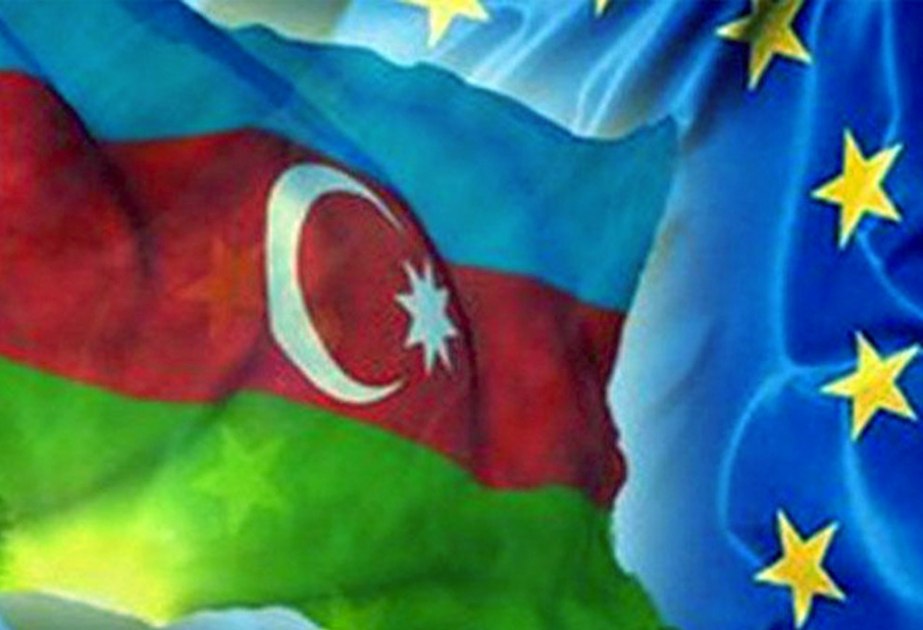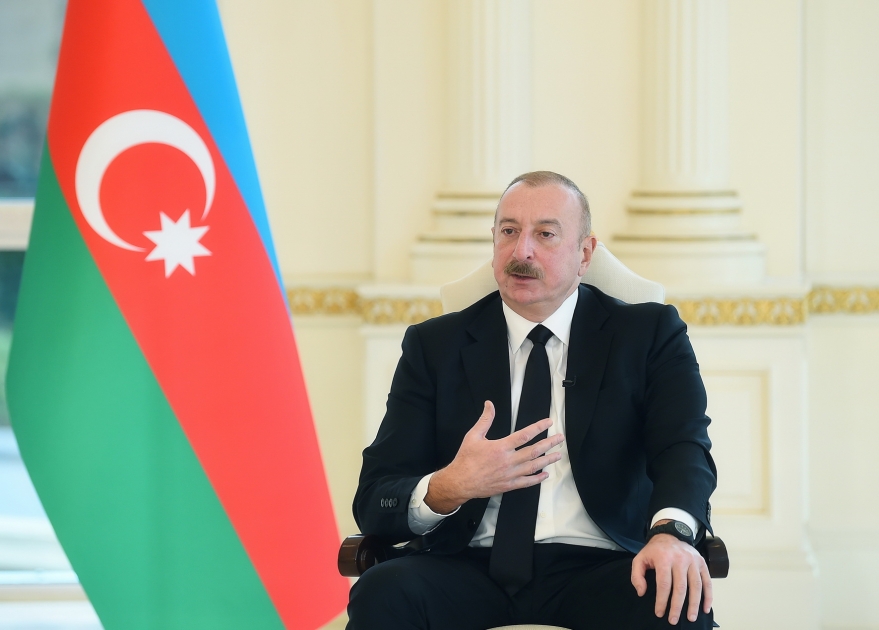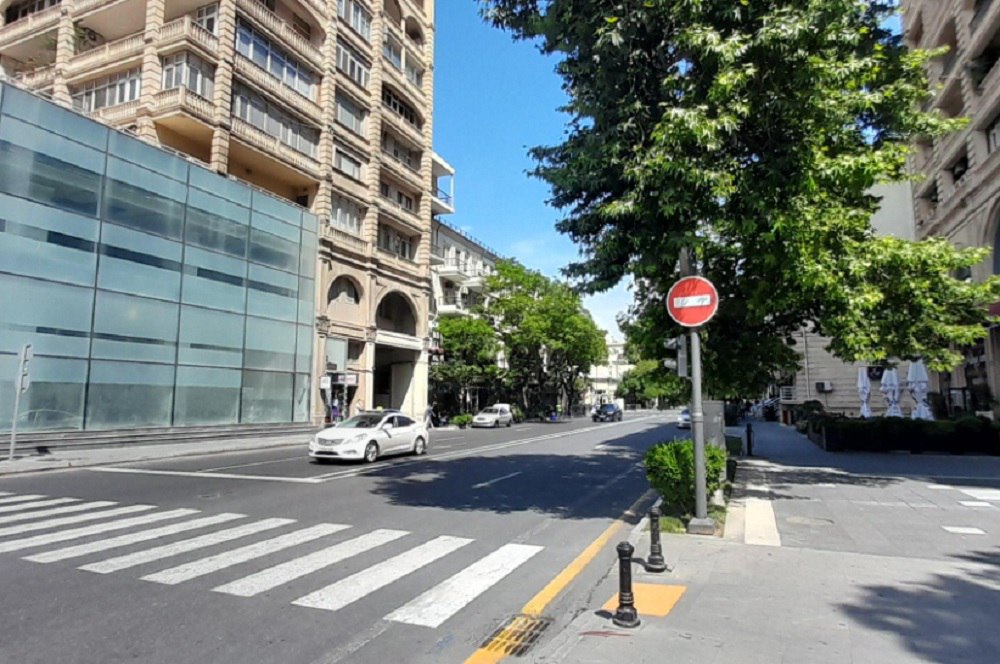"Conducting discussions without Azerbaijan is unjust." Azerbaijan faced criticism at the PACE
Human rights in Azerbaijan were discussed at the PACE
During discussions at the Parliamentary Assembly of the Council of Europe (PACE), the Azerbaijani government faced criticism for human rights violations and deteriorating relations with PACE. Several deputies called for dialogue with Azerbaijan.
“Without our colleagues from Azerbaijan, discussing this issue lacks significant meaning,” stated Biljana Pantić Pilja, a member of the Serbian Parliament.
- Georgian wrestlers agreed to participate in a tournament that also included athletes from the “countries’ of Abkhazia and South Ossetia”
- Signature collection in Armenia: will there be a referendum on EU membership?
- Middle Eastern stalemate: a view from Baku
“Unfortunately, as we approach COP29, recent events indicate a troubling direction,” said PACE co-rapporteur for Azerbaijan, Liz Kristoffersen, in her opening speech during the debate, as reported by Voice of America.
The Norwegian deputy emphasized that Azerbaijan’s designation of 76 assembly members as “persona non grata,” the refusal to invite PACE to the recent parliamentary elections, and the fact that elections in the country did not meet democratic standards once again raise concerns.
Liz Kristoffersen added that the elections held on September 1 took place “in an environment of ongoing repression against dissenting voices, including the arrests of journalists from Toplum TV, Abzas Media, and Kanal13, civil society representatives Anar Mamedli and Akif Gurbanov, government critic and former diplomat Emin Ibrahimov, and researchers Iqbal Abilov and Bakhruz Samadov, as well as economist Farid Mehralizade.”
“All these events are very concerning; the pressure appears to be at an unprecedented level and further complicates cooperation with the Assembly and the Council of Europe,” Kristoffersen said.
“We must be ready for dialogue and support the authorities to take steps to protect the fundamental values they committed to upon joining the Council of Europe. However, if there is no progress in our mutual cooperation and the overall situation in the country, we must remain vigilant and defend our values,” the Norwegian parliamentarian concluded.
The majority of speakers in the debates, including the two largest political groups—the Socialists, Democrats, Greens (SOC) and the European People’s Party (EPP)—criticized the Azerbaijani authorities for the state of human rights and democracy, political persecution, and the actions taken in relation to PACE.
“Elections in a democracy are meant to reflect the will of the people. However, elections in Azerbaijan have become a tool for maintaining the regime’s power,” stated Azade Rohjan, a representative of the SOC and member of the Swedish Parliament.
Swiss parliamentarian Nik Gugger condemned Azerbaijan’s designation of PACE deputies as “undesirable persons” and called on the official Baku to reconsider its policy on behalf of the EPP. “We demand, first and foremost, the cancellation of the ‘blacklist’ and the lifting of the entry ban for the 76 members of the Parliamentary Assembly of the Council of Europe, and secondly, an end to discrimination, political persecution, and restrictions on citizens’ freedoms. This would be real evidence of the Azerbaijani government’s desire to demonstrate a positive attitude toward the values and proposals of this institution,” emphasized Gugger.
Irish parliamentarian Paul Gavan, speaking on behalf of the United European Left group, called for the initiation of a procedure that could lead to Azerbaijan’s expulsion if it “fails to meet its obligations due to serious violations of its legal commitments.”
Several members of the Parliamentary Assembly from Serbia, Turkey, and Italy, as well as British MP Sir Christopher Chope, who spoke on behalf of the Conservative political group, urged dialogue with the Azerbaijani authorities.
“Without our colleagues from Azerbaijan, discussing this issue lacks significant meaning,” stated Biljana Pantić Pilja, a member of the Serbian Parliament. Turkish deputy Zeynep Yıldız also called it unfair to hold discussions without Azerbaijan and emphasized that Azerbaijan should be invited back to PACE to “restore a democratic and multilateral environment for dialogue.”
It is worth noting that PACE did not ratify the credentials of Azerbaijani deputies in January 2024, citing Azerbaijan’s failure to meet its obligations and the human rights situation. Before the voting began in the assembly, the Azerbaijani delegation announced its decision to cease participation in the body, stating that this was part of a biased campaign against Azerbaijan’s restoration of territorial integrity.
During his speech at the Cernobbio Forum in Italy on September 6, Azerbaijani President Ilham Aliyev described the refusal to approve Azerbaijan’s delegation credentials as a “red line” crossed and a sanction imposed for the restoration of Azerbaijan’s sovereignty.
On August 25, the Azerbaijani Foreign Ministry announced that it had added to the “persona non grata” list those deputies who voted against the approval of Azerbaijan’s delegation credentials in PACE. President Aliyev noted that the imposed ban would be lifted following the resumption of the Azerbaijani delegation’s activities in PACE.
As a result of the discussions held under the current debate procedure, no documents were adopted.






















